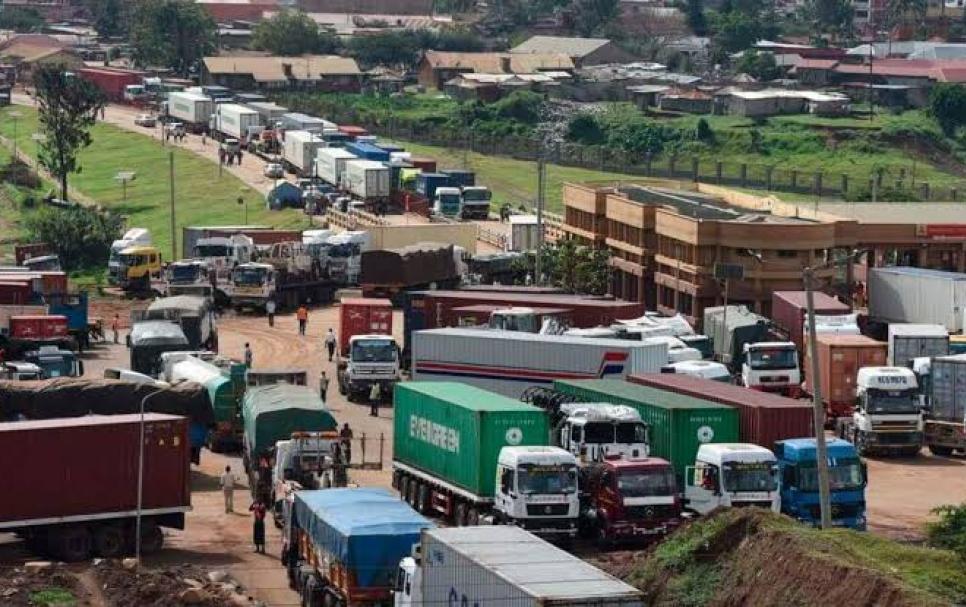Restored Harmony at Malaba Border: A Testament to Unity Amidst Crisis

The Malaba border, a vital artery connecting Kenya and Uganda, has breathed a collective sigh of relief following the release of Philex Osamong, a Kenyan police officer whose detention had cast a shadow over the bustling transit point. Osamong, stationed at the Malaba Kenya One-Stop Border Point, was held by Ugandan authorities over allegations of facilitating the smuggling of Uganda Revenue Authority (URA) uniforms. His transfer to Kampala for questioning ignited a chain of events that reverberated through the lives of thousands reliant on the border’s daily rhythms. For over a day, the border—a symbol of regional unity—transformed into a scene of anguish. Kenyan protesters, driven by solidarity and frustration, barricaded roads with stones and logs, their voices echoing demands for Osamong’s unconditional release. The blockage stranded hundreds of truck drivers, many of whom had spent sleepless nights in their cabins, their cargo of perishable goods and vital supplies languishing under the sun.
Among them was John Mwangi, a seasoned driver ferrying medicine to Kampala, who shared, “Every hour felt like a year. We worried for our colleague, but also for families waiting for these deliveries.” The protest was not merely a stand against detention but a plea for dignity and cross-border kinship. Local businesses, too, felt the sting. Mama Auma, who runs a roadside café serving chai to travelers, recounted closing her stall for the first time in years. “This border isn’t just about trade—it’s about people. When it closes, our hearts break,” she said. Recognizing the deepening human and economic toll, leaders from both nations embarked on a marathon of diplomacy. Behind closed doors, officials grappled with balancing justice and compassion, acutely aware of the livelihoods hanging in the balance. Late into the night, a resolution emerged: Osamong was granted police bond, allowing investigations to proceed while easing tensions.
In a joint statement, authorities expressed profound regret. “We apologize to all affected by this disruption,” read a message from Tororo’s Resident District Commissioner. “Our shared commitment to dialogue has always been our strength, and we vow to strengthen mechanisms to prevent such pain in the future.” The border’s revival at dawn brought tears and embraces. Truck engines hummed back to life, shopkeepers reopened their doors, and children resumed their daily trek to schools across the frontier. For Osamong’s colleagues, the outcome affirmed faith in solidarity. “We’re relieved he’s home, but more relieved that reason prevailed,” said a fellow officer, requesting anonymity. As the dust settles, the ordeal stands as a poignant reminder of the fragile threads weaving together communities in borderlands. The Malaba crossing, responsible for over 30% of East Africa’s trade, is more than a checkpoint—it’s a lifeline. The crisis, though painful, has reignited a collective resolve: to safeguard not just commerce, but the human bonds that make cooperation possible. In the words of a Ugandan trader, Mariam Nalwoga, “We share too much—markets, families, dreams—to let distrust divide us.
Today, we choose to rebuild, together.” This story, born of conflict, now blooms as a narrative of resilience, empathy, and the unyielding hope that even in moments of fracture, humanity can mend what is broken.
- 6 views




Leave a Reply